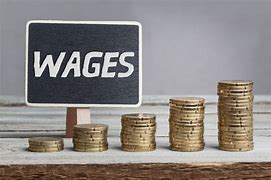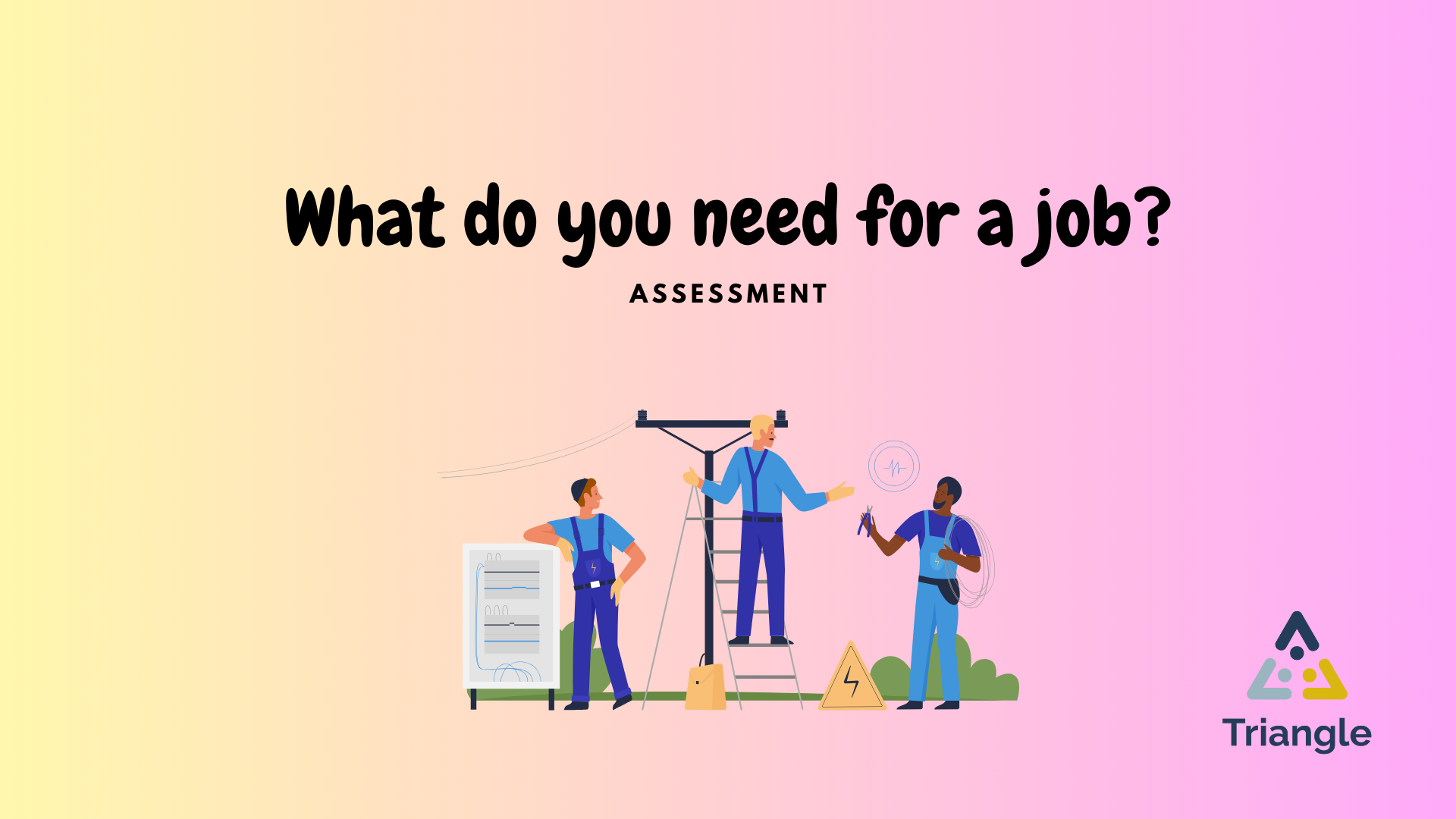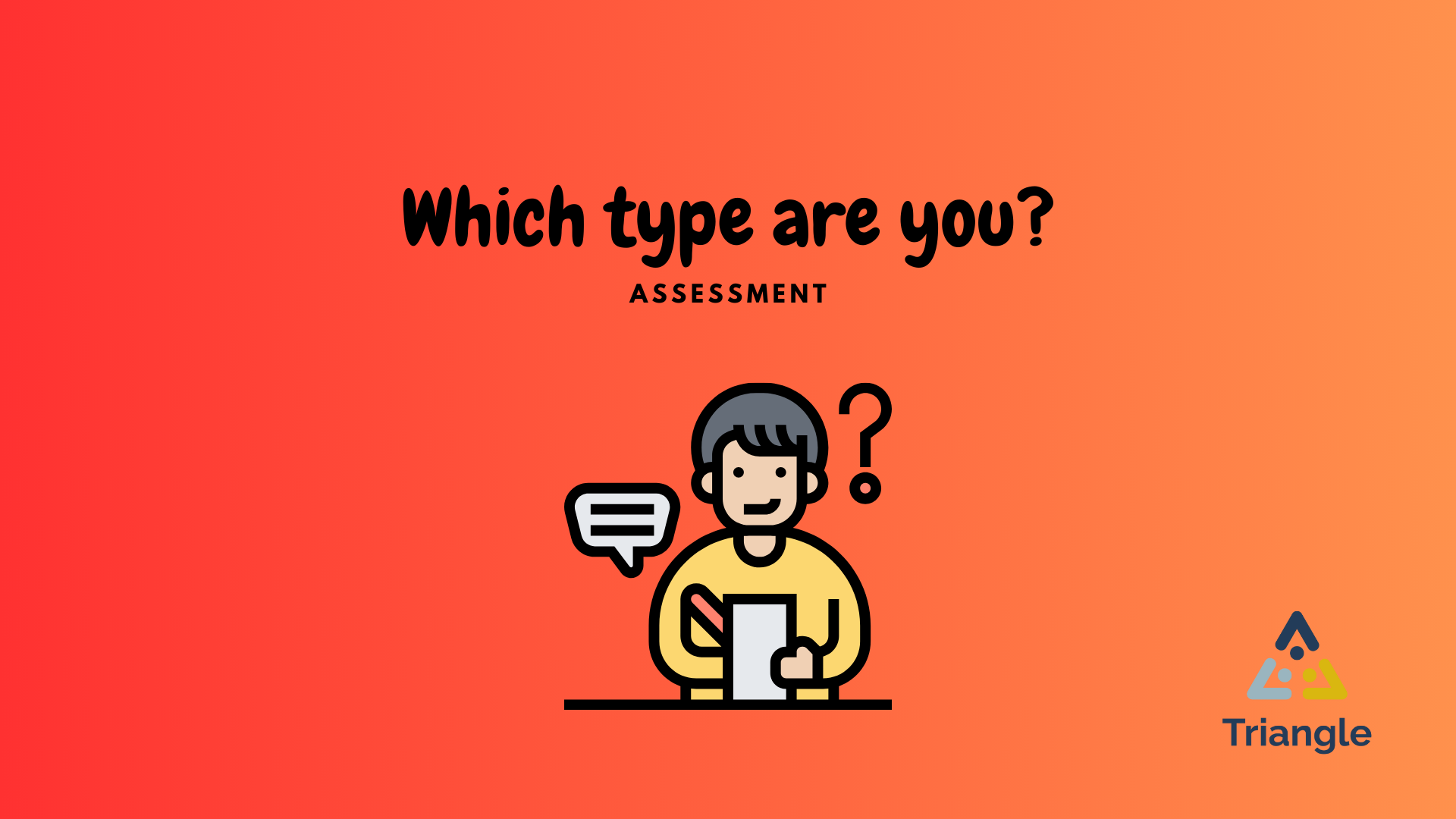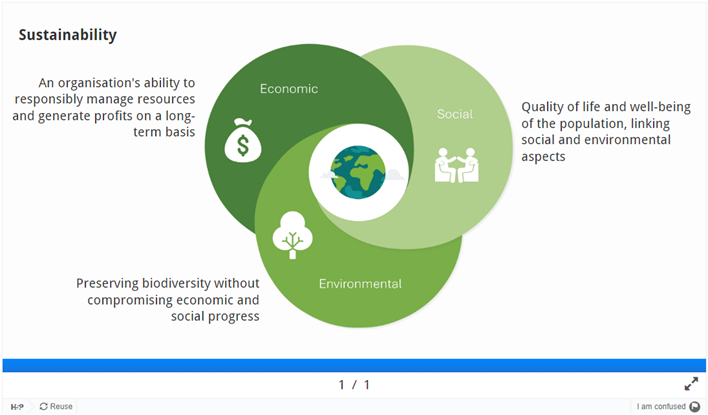You will be paid for the work you do. That’s called your salary. Your salary will appear on your payslip. As an employee you are entitled to wages. Your salary usually consists of different amounts, for example:
- A fixed amount per month, week or day. But an amount per piece or weight is also possible, for example per packed box or per kilo of picked strawberries.
- Holiday pay.
- Extras such as a thirteenth month, year-end bonus, bonus or profit sharing.
- Overtime allowances
- Wages in kind, for example dinner
Exactly what you get depends on the agreements you make with your employer and what is stated in the CAO agreement. A collective agreement is a kind of contract that states how much each employee within a company or within a certain sector should be paid.

Gross and net pay
The gross wage is the wage before tax and insurance are deducted. Through insurance, employees continue to be paid when they are ill, become incapacitated for work, go on holiday, take leave or retire. The net salary is what you then have left over and then ultimately paid out.
Payment slip
Your employer must give you a pay slip with every payment. You can see exactly what you get paid on it. Amounts such as holiday pay and allowances must be stated separately on the pay slip. You must also be able to see what you pay in taxes. You don’t have to do much with a pay slip, but it is useful to check whether your hours and your wages are correct. What can you expect on your pay slip?
- Information from your boss.
- Information about yourself including the citizen service number.
- The number of days you worked in the period and the days you were sick.
- Statutory minimum wage for your age category.
- Contribution wage days: the average number of working days per month. This is used to calculate the heights of your premiums.
- Payroll tax credit: this is a discount on the tax you have to pay. You can only apply this at one employer at a time.
- Premiums, social provisions, insurance and taxes such as: health insurance fund, WW, pension, national insurance schemes, etc.
- Taxable wages.
- The final net salary.
Holiday pay
Every employee is entitled to holiday pay. This is also known as holiday allowance, holiday allowance or holiday allowance. It is extra money that you receive on top of your weekly or monthly wages. You can go on vacation with it, but you can also pay for other things with it.
How high is the holiday pay?
The holiday allowance is usually 8% of your gross annual salary, but a higher or lower percentage is also possible. Check what has been agreed in the collective labor agreement. Many collective agreements also specify a minimum amount.
When will I receive the holiday pay?
You accrue holiday pay. So you don’t get paid every month, but once a year. Most employers pay the holiday pay in May or June. Are you leaving service? In that case, your employer must immediately pay out the holiday pay you have accrued up to that point.
When will I receive my wages?
Your employer must pay the wages at the end of the period that you have agreed. The employer must pay the salary immediately after the end of the month. Most employers pay even earlier, for example around the 25th of each month (temporary and day laborers are usually paid on a weekly basis.)

What if my employer pays late? Getting your paycheck too late is annoying. You count on the money: you have to pay for groceries or rent. That is why your employer must pay interest plus a fine if he pays (much) late.
Do not immediately take action if your employer pays one or two days late. Send a registered letter if he pays often or much too late. Write in the letter that he must pay interest and penalty. You can always ask advice from the Juridisch Loket. The Juridisch Loket has 30 branches where you can go for legal advice. You will speak to a legal assistant at the counter. You do not need to make an appointment for this. Call 030 2326410 and ask for the counter near you.
Does your employer pay wages to anyone? Then your employer probably has payment problems. Maybe he’s going bankrupt. Report this to the Employee Insurance Agency (UWV). In such cases, the UWV can pay a special unemployment benefit. Do you want to go to this website? Then click: UWV.nl
What about my pay if I’m sick?
Sick employees usually do not have to worry about their income. The employer continues to pay your wages. Do you no longer have an employer? Then you will receive a sickness benefit.
Continued payment of wages
Your employer must continue to pay at least 70% of your salary in the event of illness. There is a lower limit: in the first year you will in any case receive the minimum wage (in relation to the number of hours you work). Most employers pay more than 70% of wages. For example, the first year 100% and the second year 70%. You can read how much your employer pays in the collective labor agreement, legal status regulation or your employment contract.
You will continue to be paid your wages as long as you are ill, but for a maximum of 104 weeks. That’s almost two years. Sometimes the employer must continue to pay the wages for more than two years. You can arrange this yourself with your employer, or the UWV says you have to.
Wage and Sickness
Benefit Some employees are entitled to continued payment of wages and to a sickness benefit. Their employer may deduct the Sickness Benefit from the wages they pay. It concerns the following people:
- Women who are ill because of their pregnancy or childbirth.
- Disabled persons who fall ill within five years of entering employment.
- Organ donors.








